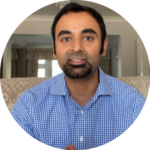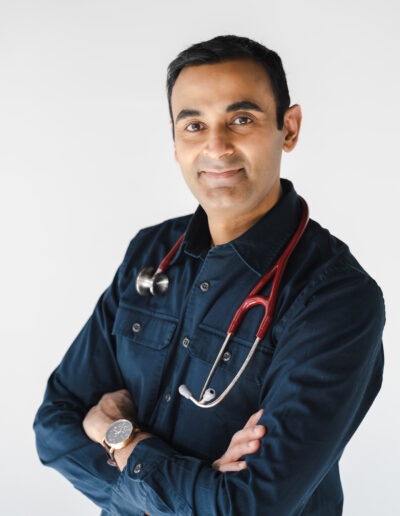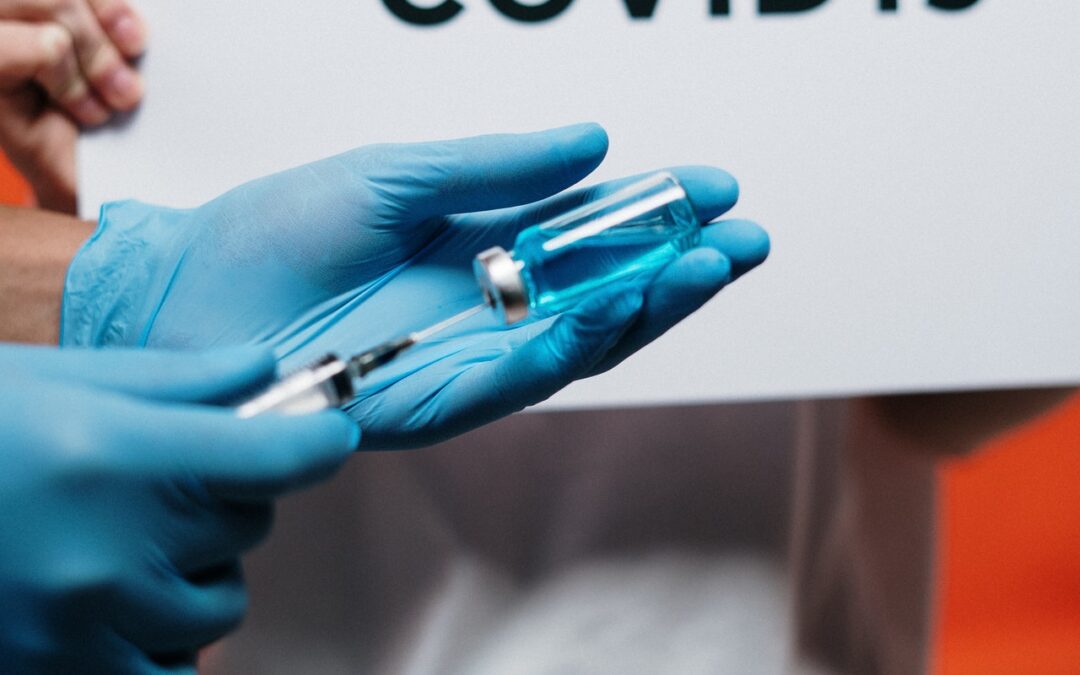The new term that has pervaded the medical world over the last several months is: “Vaccine Hesitancy”. I must say, I hadn’t even heard of this phrase a year ago, and now it’s everywhere. It’s used to describe those millions of people who are not currently keen to get the COVID vaccine. The percentage of people who are “Vaccine Hesitant” varies enormously by country—with latest surveys showing varying rates across US states, within the European continent, and surprisingly some of the highest skepticism rates in South Korea and Japan.
I spoke a couple of months ago about this issue in a widely circulated online video (you can listen to that here). I believe the term itself is a mistake, encourages tribalism, and even worse, some have even foolishly equated this with being “ant-vax”. In our typical 2020s way, fueled by social media—memes telling people who haven’t yet got the vaccine how “selfish” and “stupid” they are, flood our smartphones. This terrible skit from doctors and nurses on the Jimmy Kimmel show last month, shows you exactly how not to talk to someone who has questions about the vaccine. It will have the complete opposite effect, and entrench skeptical people even more.
A word about the “anti-vaxxers” first. I really do think that the percentage of people who are truly against all vaccines, is miniscule, compared to the amount of attention they are given. In my years of medical school, training and practice—in at least 4 different countries—I can barely count on one hand the number of true anti-vaxxers I’ve ever met.
Yet with regards to vaccine “hesitancy”, over the last several months, I’ve encountered all sorts of people—both in and out of clinical settings—who have not yet jumped in line to receive the shot. And nearly all of these simply have more questions they want answered. These have ranged from concerns regarding potential side effects, their use in autoimmune disease, and people with severe prior allergic reactions to certain medical treatments. I’ve also heard from women who are actively trying to get pregnant and other people who have just recovered from other illnesses or blood clots. The questions have been all over the place, and most of them very valid from intelligent people.
So my advice is, at a time when there are millions of people out there who simply need some more human advice and reassurance, that physicians should do what we are supposed to do. We shouldn’t be sitting on a pedestal, shouting orders to patients: “Get the shot!”, “Get the shot!”, “Get the shot!”. When you do that to people who already have concerns, you will not only entrench them more, but also quite likely make them angry too. No, No, No! What we should be doing as doctors is be sitting down with these patients and having more open discussions. We should look them in the eye, hear them out, respect them—and approach this from a place of compassion and empathy. Any medical decision or intervention, no matter what that is, comes down to a simple issue: Do the benefits outweigh the risks? If yes, then proceed. If there’s any doubt, or the answer is no—then we don’t proceed. But it has to be a decision that the patient makes in the end after receiving the advice of their physician (I really dislike the thought of any medical intervention being done under pressure or duress. Barring an imminent life or death situation like a massive hemorrhage, nothing in medicine should be a pressured decision).
Abigail Adams, wife of the 2nd US President John Adams, once said: “People need to think that they have made their own decisions, not had them forced upon them” (this quote is brilliant portrayed in the epic HBO mini-series John Adams). This is a fact of human nature and will always be true.
No amount of a public campaign or online articles, will beat a heart-to-heart between a patient and a doctor they trust. In almost all cases that I’ve had this in-depth empathetic discussion with patients, the benefits have outweighed those risks, and they’ve proceeded to schedule their shot. Whether it’s because of age, comorbidities, obesity—or frequent contact with other high-risk people—having a bad bout of COVID would be worse than taking the vaccine. And that’s simply what it boils down to. In healthcare and medicine, we have a habit of making things harder than they need to be, and forgetting the core basics of why we are here. We shouldn’t do it again this time. Simply be a good caring doctor, listen, show compassion and empathy—and there’s a high chance most of your patients will follow you anywhere.
 Suneel Dhand is a physician, writer, and YouTuber. He is Founder at MedStoic Lifestyle Medicine and DocsDox . Follow him on YouTube and Facebook.
Suneel Dhand is a physician, writer, and YouTuber. He is Founder at MedStoic Lifestyle Medicine and DocsDox . Follow him on YouTube and Facebook.


Dear Dr Dhand
Love all your write ups!
Can i request that you use dark coloured fonts please as its difficult to read the grey words on white background. I am 60.
Thank you so much!